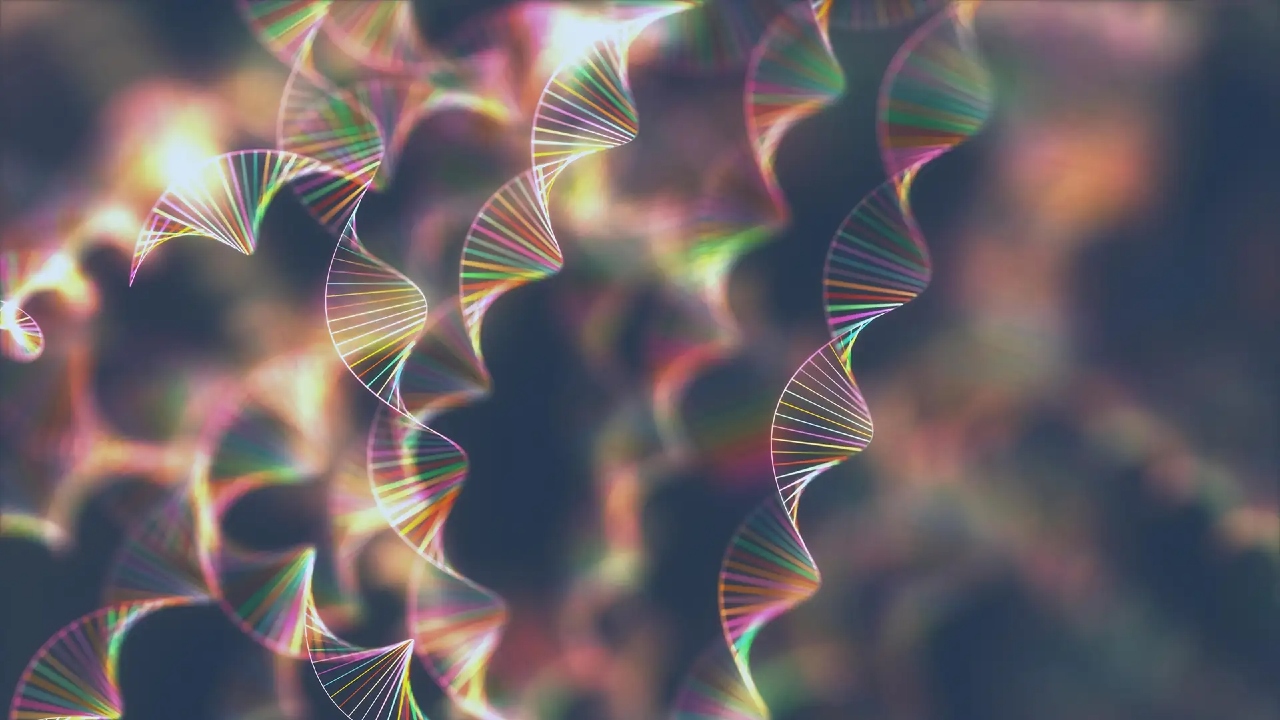Scientists conducted a study on worms about epigenetic changes. Study; revealed the details of the transmission of these changes, which are caused by factors such as environmental factors and health, from generation to generation.
Today, it is known in the scientific world that the chemical signs connected to important parts of the genetic sequence change with environmental events. Even that from generation to generation transfer is considered possible.
intergenerational epigenetics This condition, which is called heredity; indicates that the health, lifestyle, and even environment of parents can affect the health and development of other generations. Although this situation is clearly seen, it is not known how it is processed. A study published on PNAS on July 26 also examined this issue and reached findings about how our family elders affect our genes.
Epigenetic changes can be transmitted through sperm
Researchers who carried out a study on worms found that a common epigenetic modification via sperm revealed how it can be passed on over three generations, influencing gene activities and the development of descendants. While experts say the evidence is insufficient for humans, he added that the study reveals a lot.
Biologist Susan Strome, one of the scientists, also said in her statements, “The results show a causal relationship between histone markers transmitted by sperm, gene expression, and development in descendants.” used the phrases.
Epigenetics is the study of changes in gene expression without changing the actual sequences in the gene. That is, smoking, environmental pollutants, etc. While not affecting your DNA sequence, epigenetic changes can change how your body reads a DNA sequence. The cell’s genome-reading mechanism may not be able to access certain genes when large molecules enter their path, and as a result, these genes cannot be converted into proteins. Also, wrapping DNA strands around proteins called histones can achieve the same effect.
Research could help shed light on epigenetic inheritance

After fertilization, most of these epigenetic modifications has been deletedIn this way, it was thought that cells were reprogrammed to ensure normal development. But studies in many animals, including mammals, have shown that epigenetic changes can escape this and be passed down from generation to generation. Recent research on worms has also looked at whether these epigenetic marks are retained or reprogrammed in embryos, and their effects on gene expression in other generations.
Basic protein that allows DNA to be more densely packaged histone Epigenetic marking was the focus of experiments. The experts then fertilized the worm eggs with sperm with fully marked chromosomes. When the gene activity levels in the offspring were examined, it was seen that the genes in the sperm were not suppressed. This showed that the epigenetic changes were preserved and the transition to the offspring was ensured.
Storme is also about that, “This is if the DNA packaging pattern is maintained in the germline. that can be passed on through generations reveals” said. Of course, these findings are specific to worms, about humans. very little It should be reiterated what you said.
RELATED NEWS
Millions of Years of Chromosome Changes Happened in a Short Time: May Shed Light on Genetic Diseases and the Process of Evolution
While research involving humans on this topic is quite scarce, some have uncovered links to issues such as smoking habits and asthma in children. The team thinks research on worms can help illuminate the implications of epigenetic inheritance for future generations.
